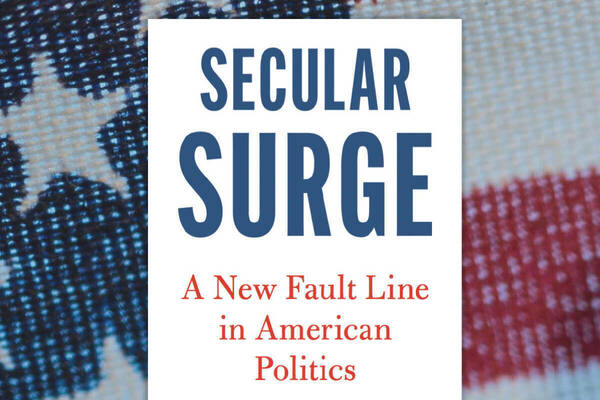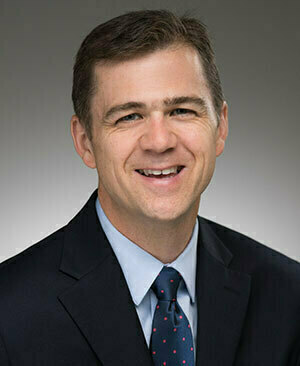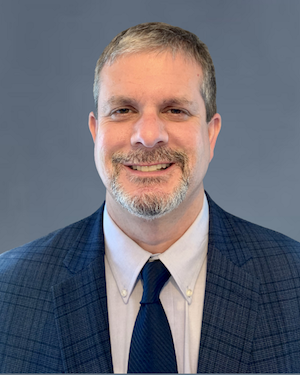
University of Notre Dame political scientists David E. Campbell and Geoff Layman garnered the 2022 Distinguished Book Award from the Society for the Scientific Study of Religion for their book about the growing number of nonreligious people in politics in the United States.
The book, Secular Surge: A New Fault Line in American Politics, was recognized for its quality of scholarship, importance to the field, and relevance to larger society at the association’s annual meeting in Baltimore, Maryland.
The American Political Science Association’s Religion and Politics Section also tapped Secular Surge as an honorable mention for the 2022 Hubert Morken Book Award, which is presented to the best book dealing with religion and politics published within the previous year.

Campbell, the Packey J. Dee Professor of American Democracy and director of the Notre Dame Democracy Initiative, called the rapid secularization of society and politics “one of the most significant social changes in America in the last generation.”
Those who identify as nonreligious — which now represents about 30% of Americans — are far from homogenous, said Layman, chair of the Department of Political Science.
Layman, Campbell, and co-author John Green, a distinguished professor emeritus of political science at the University of Akron, discovered through public opinion surveys they conducted that significant differences exist between people who are not religious and people who are actively secular.
For instance, participants who replied “none” to a question prompting them to define their religion are referred to as “political dropouts.”
“It’s not just that they've dropped out of religion, they’ve dropped out of almost any form of civic engagement,” Campbell said. “They might vote, but they're not likely to be involved in much beyond voting. They're not joiners.”
While “nones” tend to identify as independents, Layman said, they vote for Democratic candidates about 70% of the time — yet a solid number of them supported Donald Trump.
In contrast, he said, secularists — a category in which Layman and Campball include agnostics, atheists, secular humanists, and humanists — are hardcore, energized Democrats.

“True secularists, along with African Americans, form the base of the Democratic Party. They participate in politics at high levels,” Layman said. “They’re liberal on cultural and economic issues, and to the Democratic Party they’re almost analogous to what white evangelicals are to the Republican Party.”
While the number of secularists continues to swell, Layman said, the Democratic Party hasn’t embraced or mobilized them.
One reason is a lack of common identity among secularists. Layman said the party also doesn't want to alienate African Americans who, as a group, are significantly more religious than whites. And, he said, secularists are targets of Republicans who seek to disparage them by calling them the “woke left.”
Meanwhile, Campbell said the core of the Republican Party is an extremely religious base of mostly white evangelicals and other white religious people.
“That's a shrinking part of the population, so they might be able to win in the short term, but they won't be able to win in the long term, if that's the limit of their appeal,” he said.
Since Secular Surge was published, the researchers have made another interesting discovery — secularism accelerated during the pandemic due to debates about science in policy-making.
Campbell said this change occurred among those who weren’t particularly keen on religion but didn’t necessarily have a secular worldview. However, during public debates, when they associated being religious with being against vaccines and public health protocols, they identified as pro-science and more secular.
In general, Layman said there’s considerable common ground between secularists and religious people when it comes to public policy.
“On a broad level,“ he said, “the humanist element of secular humanism, which focuses on human flourishing and dignity of human beings, is not all that different from Catholic social teaching and its focus on human dignity and human flourishing.”
Originally published by at al.nd.edu on October 20, 2023.